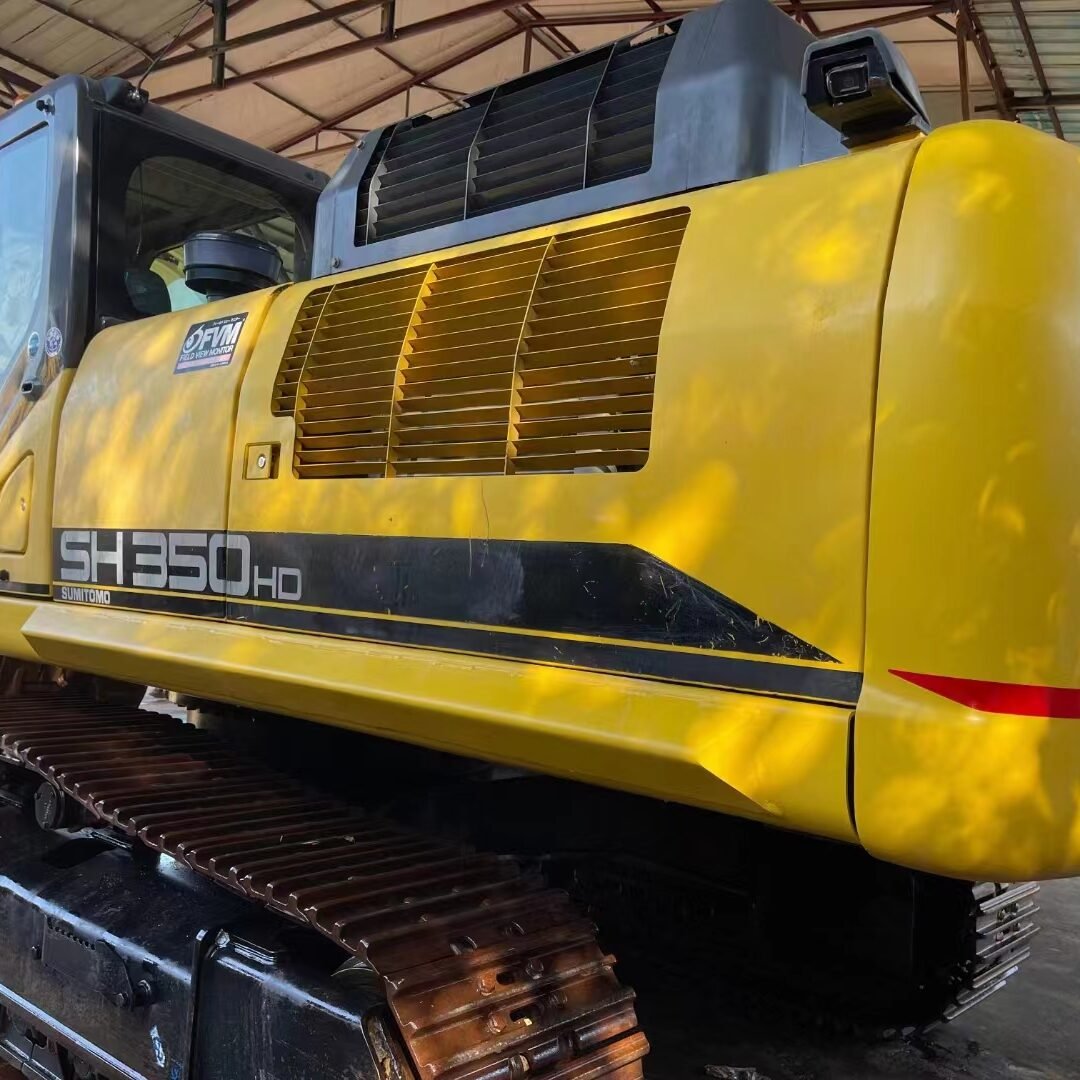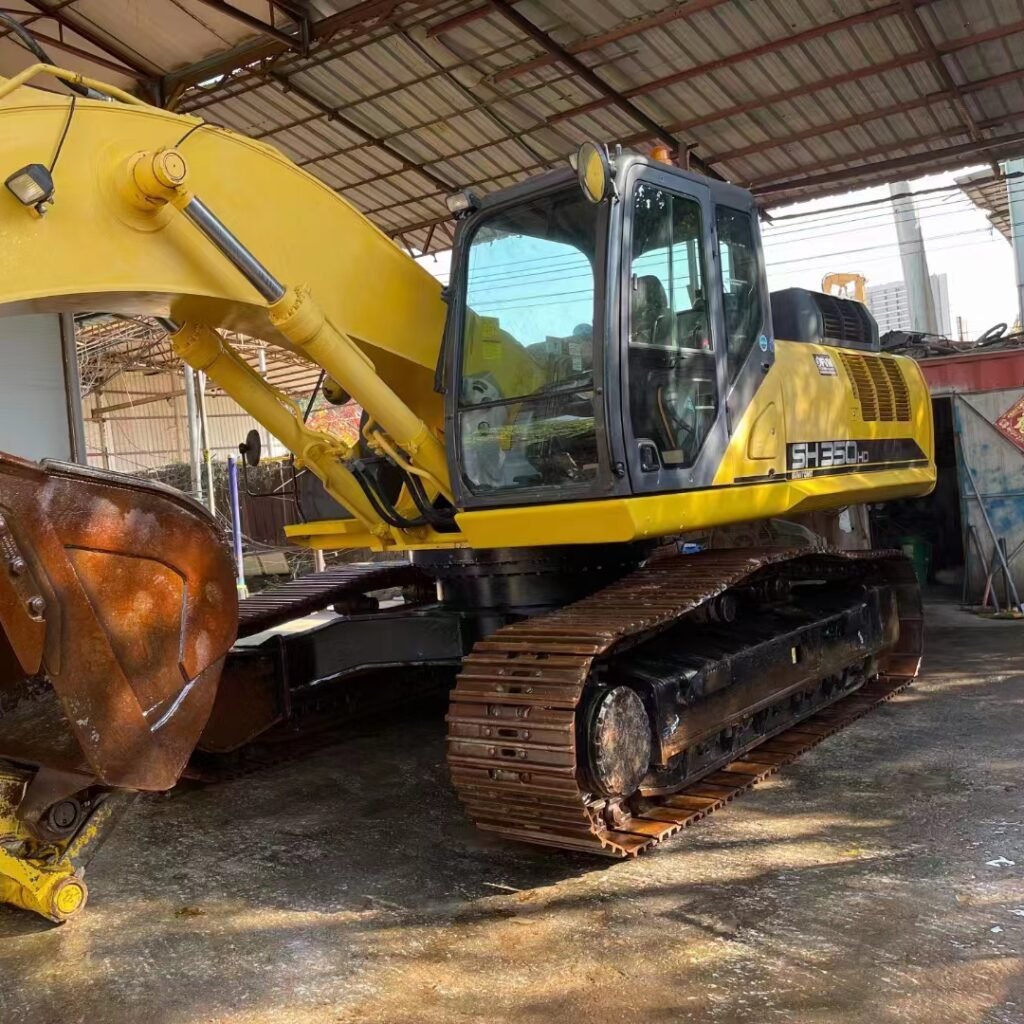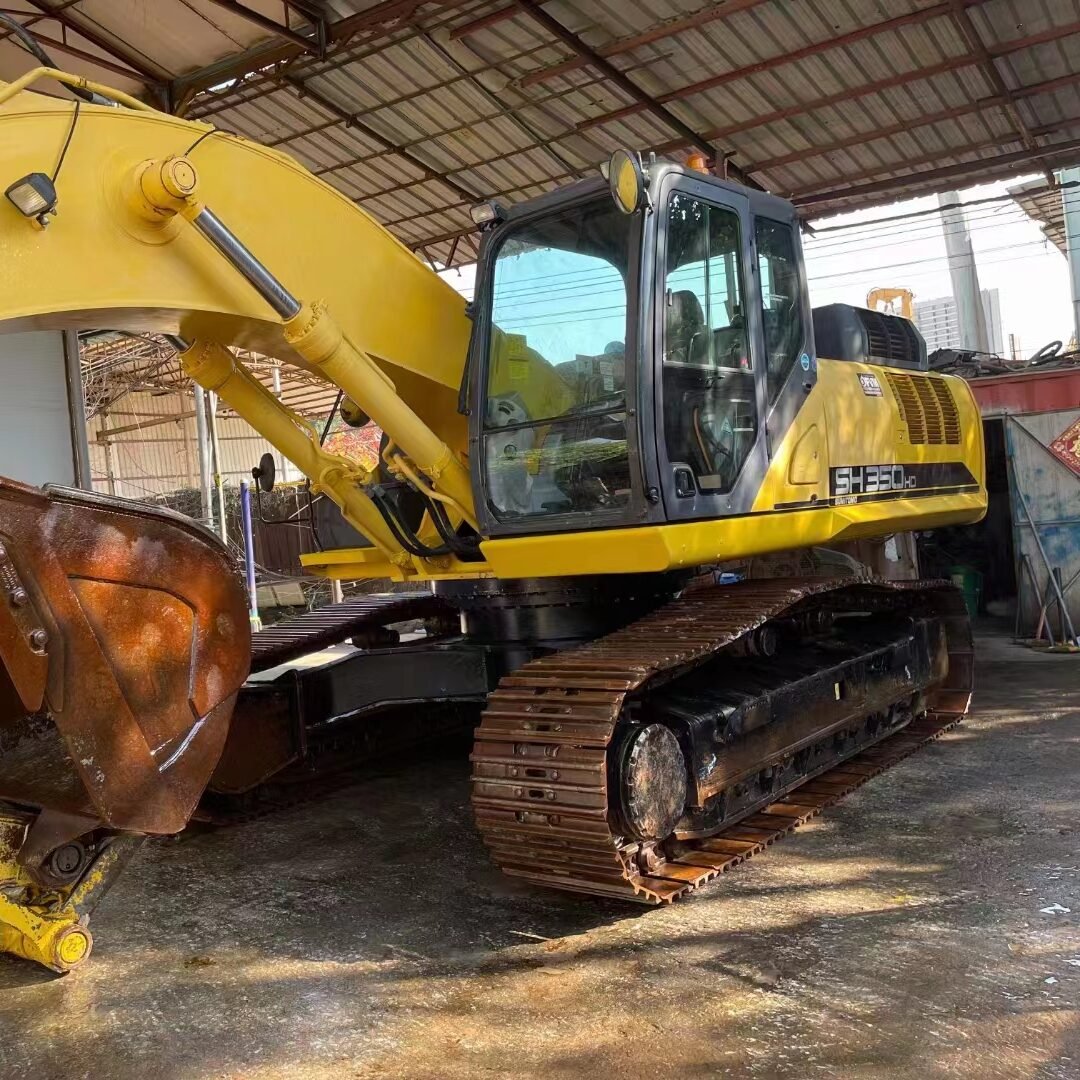I. Introduction
- Background:
- With the continuous advancement of global infrastructure construction, the demand for used excavators is on the rise, making them a significant part of the heavy machinery market. This trend not only provides businesses with cost-effective equipment options but also supports environmental sustainability. Used excavators typically offer lower acquisition costs and quicker returns on investment, attracting many small and medium-sized enterprises. However, the process of importing used excavators is complex and involves a series of legal regulations and import requirements. Therefore, understanding the import license and certification requirements of the target market is crucial.
- Objective:
- This article aims to provide businesses with detailed guidance on the import license and certification requirements of target markets, assisting them in the smooth import of used excavators while ensuring compliance and avoiding potential legal risks. Through systematic analysis and recommendations, companies can efficiently navigate the import process and reduce compliance costs.
II. Overview of Target Markets
- Market Selection:
- Before importing used excavators, companies need to conduct market research to evaluate the potential and demand of different markets. Factors to consider include:
- Market Capacity: Analyzing market reports and industry data to understand the demand for used excavators in the target market and its growth trends.
- Competitive Environment: Studying the major competitors in the market and their product characteristics, including pricing, after-sales service, and market share.
- Regulatory Environment: The differences in regulations and policies for importing heavy machinery in various countries or regions, ensuring that the chosen market provides a favorable business environment.
- Before importing used excavators, companies need to conduct market research to evaluate the potential and demand of different markets. Factors to consider include:
- Legal Framework:
- An overview of the legal system in the target market, including administrative regulations and industry standards, and how these laws impact the import of used excavators. Understanding the legal framework helps businesses better comply with relevant regulations during the import process, thereby reducing legal risks.
III. Import License Requirements
- Types of Import Licenses:
- Import licenses are essential documents for ensuring legal imports, primarily including:
- General Import License: Applicable to most goods, generally with a simpler process, where businesses typically need to provide basic commercial documents.
- Specific Product License: For specific categories such as heavy machinery, which usually requires more detailed review and approval processes, including equipment technical specifications and performance data.
- Import licenses are essential documents for ensuring legal imports, primarily including:
- Application Process:
- The steps for applying for an import license typically include:
- Preparing Required Documents: This includes commercial invoices, packing lists, shipping documents, compliance certificates, etc., ensuring all documents are accurate and complete.
- Submitting the Application: Submitting the application form and related documents to the relevant government department or agency, understanding the specific submission methods (electronic or paper).
- Processing and Approval Time: Understanding the local approval timelines to plan imports accordingly and avoid disruptions to business operations.
- The steps for applying for an import license typically include:
- Common Challenges:
- During the application process, businesses may face some challenges, such as:
- Incomplete Documentation: Ensuring all application materials are complete to avoid rejection due to missing documents.
- Approval Delays: Proactively communicating with relevant departments to understand the approval process and minimize unnecessary delays, and seeking professional assistance if necessary.
- Regulatory Changes: Staying updated on policy changes to ensure compliance with the latest regulations and adjusting application materials promptly.
- During the application process, businesses may face some challenges, such as:

IV. Necessary Certifications and Standards
- Compliance Certificates:
- Key compliance certificates required for importing used excavators include:
- Safety Certifications: Such as ISO (International Organization for Standardization) or CE (European Conformity), ensuring that equipment meets international safety standards and minimizes safety risks during operation.
- Environmental Compliance Certificates: Proof that the equipment meets local environmental regulations, reducing negative impacts on the environment and avoiding fines and legal liabilities due to non-compliance.
- Key compliance certificates required for importing used excavators include:
- Other Possible Requirements:
- In addition to the main certificates, businesses may also need to provide other relevant documents, such as:
- Quality Control Reports: Evidence that the equipment complies with quality standards during production and use, ensuring reliability and durability.
- Technical Documents and User Manuals: To ensure operators are aware of the correct usage and maintenance of the equipment, thereby reducing operational risks.
- In addition to the main certificates, businesses may also need to provide other relevant documents, such as:
V. Compliance Management in the Import Process
- Compliance Management System:
- Establishing a compliance management system is essential for ensuring that all import activities comply with relevant laws and regulations. Companies should:
- Define Compliance Responsibilities: Designate specific personnel to handle compliance matters, ensuring adherence to all regulations and regularly reporting on compliance status.
- Conduct Regular Training: Provide compliance training for relevant employees to enhance their legal awareness and compliance capabilities, ensuring the team is informed about the latest legal requirements.
- Establishing a compliance management system is essential for ensuring that all import activities comply with relevant laws and regulations. Companies should:
- Document Management:
- Effective document management is crucial for compliance, including:
- Record Keeping: Ensuring all import-related documents are stored completely for easy access and audit purposes, and implementing an electronic document management system to improve efficiency.
- Review Processes: Establishing a review mechanism to regularly check the accuracy and compliance of documents, allowing for timely correction of potential issues and avoidance of legal risks.
- Effective document management is crucial for compliance, including:
VI. Conclusion
- Summary:
- Understanding the import license and certification requirements of the target market is key to successfully importing used excavators. By adhering to relevant regulations, businesses can reduce legal risks and ensure a smooth import process. Moreover, compliance is not only a legal responsibility but also the foundation of sustainable business development.
- Call to Action:
- Businesses are encouraged to actively conduct in-depth research to ensure compliance with all relevant regulations during the import process, facilitating successful business transactions. Through proper planning and compliance management, companies can maintain a competitive edge in a challenging market. It is advisable for businesses to establish a professional compliance team and collaborate with industry experts and legal advisors to ensure the legality and compliance of all import activities.



